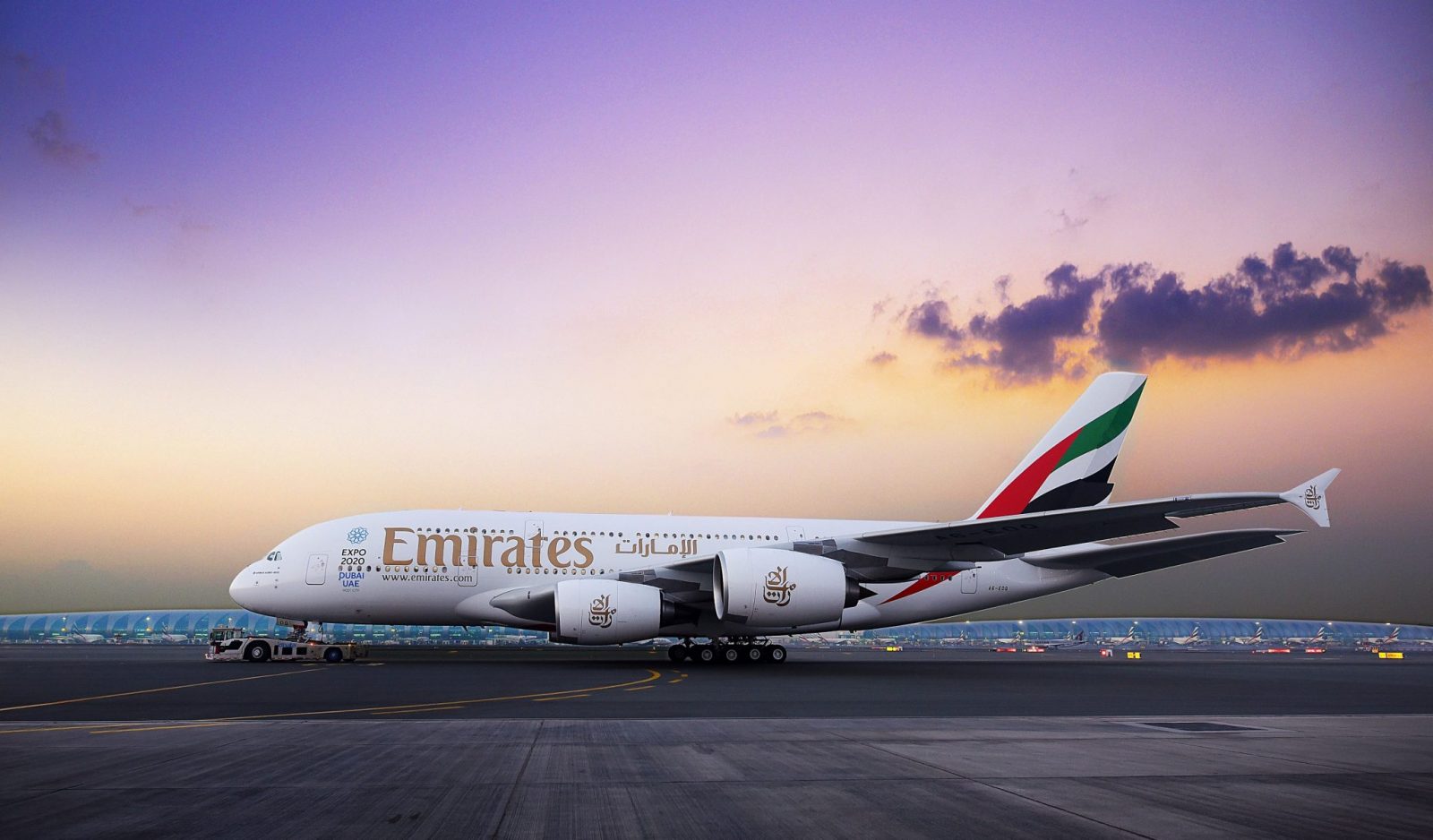
Could mega-airline Emirates be taking tips straight out of the Low-Cost Carrier (LCC) rule book? The airline, synonymous with luxury and over the top extravagance, but grappling with mounting pressures from all sides is exploring news ways to cut costs and increase revenue.
On Sunday, the CEO of Emirates, Tim Clark addressed staff in his quarterly update. The no holds barred evaluation of the state of the company was short on positive news but came packed with details hinting at a major change in business strategy.
Clark said of the obstacles facing the airline: “The cocktail of overcapacity, price wars, low yields, rising oil prices and a strong US dollar has slammed into our revenue and profits.” Coining a new phrase, the 67-year old President of Emirates cautioned: “Hyper-change is the only constant.”
Emirates Used to Make its Own Rules
Emirates has always sought to one-up its European and North American competitors, spurning the cost-cutting and passenger charges that have propped up legacy airlines in recent years.
In his time at Emirates, Clark spearheaded a strategy that went completely against the grain of normal aviation business practices. When other carriers were conjuring up ever more inventive ways to fit more seats on their jets, Emirates started to install onboard bars that harked back to the golden age of flying.
When Airbus, manufacturer of the A380 super-jumbo said it couldn’t be done, Clark found a way to have onboard showers installed for his premium First Class passengers to enjoy.
In a September 2016 interview, Clark said of his strategy at the helm of Emirates: “I’m not the slightest interested in what people think about what I do and don’t do. In the end, I do it because I think it’s the right thing to do, and my instinct was telling me to put showers in the dead area of the 380.”
He explained: “The whole Emirates business model has been a complete destabilizer, disruptor to the aviation world.”
Times are Changing
But times have changed. Now, it’s not gut instinct deciding the direction that Emirates takes but analytical insights that are “powering our sales and marketing.”
In the same September interview, Clark let slip that the airline was exploring ‘ancillary revenue streams’. A tactic straight out the business plans of low-cost carriers. In 2016, Ryanair generated $26billion USD in ancillary revenue – 24% of its total revenue.
That additional revenue came from things like baggage fees, advanced seat selection and other extras that the airline has unbundled from the base fare.
It didn’t take long for Emirates to go from exploring ‘ancillary revenue streams’ to implementing them. Back in October the carrier quietly added the option to pay for advanced seat selection in economy class. In its first six weeks, the scheme generated $15.4million USD, with 3,621 seats being sold on average daily.
For the time being at least, Emirates has steered clear of unbundling its fares. Instead, passengers can take advantage of carefully selected add-ons – if they’re willing to pay for them.
For $100 USD an economy class passenger can now gain access to the (once) exclusive Emirates Business & First Class lounge in Terminal 3 at Dubai International Airport. Over 8,000 customers have already stumped up the cash to escape the bustling departure lounge and soak in the luxe surroundings.
New Ancillary Revenue Streams Being Considered
There is already talk of what else Emirates can sell to further bolster its coffers through cross selling. Options are said to include:
- Business Class passengers paying to use the onboard shower,
- Chauffeur car service for economy passengers in Dubai,
- Premium meals and beverages available to order.
Then there’s the issue of premium economy. Rumours have swirled for months that Emirates could be adding PE onto their aircraft. It’s now known that within two months Emirates will have completed their feasibility study on the project.
Managers will be desperately hoping that economy passengers with a little extra cash – but not enough to stretch to a business class ticket – will trade up to premium economy. The biggest risk is that the new ‘game-changing’ product that Clark has promised could end up cannibalising their business class cabin.
The Airline has Already Started to Cut Costs
In the meantime, Emirates has followed the lead of the legacy carriers by cutting and slashing costs wherever possible. In just a few weeks the cuts have included:
- Hot towels removed from economy and severely cut in Business,
- A reduced bar service with cabin crew ordered to restrict the amount of alcohol they give to economy passengers,
- Pre-selected meal choices reduced,
- Pre-departure drinks for economy passengers on Indian flights stopped,
- Newspapers and magazines removed from economy class.
Where else can Emirates go? Are we about to see a basic economy fare added? Or a buy on board meal service introduced? Whatever the case, Clark claims this is down to an “evolving customer base – each having distinct needs and mindsets.”
As part of the cost-cutting measures, cabin crew recruitment has been temporarily suspended. Despite a number of rumours the airline has not issued any official comment regarding the recruitment freeze or when they may start hiring again.
Mateusz Maszczynski honed his skills as an international flight attendant at the most prominent airline in the Middle East and has been flying ever since... most recently for a well known European airline. Matt is passionate about the aviation industry and has become an expert in passenger experience and human-centric stories. Always keeping an ear close to the ground, Matt's industry insights, analysis and news coverage is frequently relied upon by some of the biggest names in journalism.







